
PATRICIA S. CHURCHLAND
TOUCHING
A
NERVE

The Self as Brain
W. W. NORTON & COMPANY  NEW YORK LONDON
NEW YORK LONDON
Copyright 2013 by Patricia S. Churchland
Chapter 6 Epigraph reprinted from War Is a Force That
Gives Us Meaning, by Chris Hedges. Available from Basic
Books, an imprint of Perseus Books Group.
Copyright 2002.
All rights reserved
Printed in the United States of America
First Edition
For information about permission
to reproduce selections from this book,
write to Permissions, W. W. Norton & Company, Inc.,
500 Fifth Avenue, New York, NY 10110
For information about special discounts for bulk
purchases, please contact W. W. Norton Special Sales at
specialsales@wwnorton.com or 800-233-4830
Manufacturing by RR Donnelley, Harrisonburg
Book design by Brooke Koven
Production manager: Devon Zahn
Library of Congress Cataloging-in-Publication Data
Churchland, Patricia Smith.
Touching a nerve : the self as brain / Patricia S.
Churchland. First edition.
pages cm
Includes bibliographical references and index.
ISBN 978-0-393-05832-1 (hardcover)
ISBN 978-0-393-24063-4 (e-book)
1. NeuropsychologyPhilosophy. 2. Cognitive
sciencePhilosophy. 3. Brain. I. Title.
QP360.C485 2013
612.8dc23
2013007208
W. W. Norton & Company, Inc.
500 Fifth Avenue, New York, N.Y. 10110
www.wwnorton.com
W. W. Norton & Company Ltd.
Castle House, 75/76 Wells Street, London W1T 3QT
CONTENTS
PARTICULAR THANKS are owed to those friends who allowed themselves to be dragooned into reading early drafts and helping me navigate toward a final version. Especially to be thanked is the novelist and screenwriter Deborah Serra, who taught me to listen to the farm voices in my head. She prodded me to get off my academic high horse and speak plainly. Captain Dr. Dallas Boggs, U.S. Navy pilot, poet, surfer, and kayak partner, gave me insights along with many valuable corrections and a better paddling form. My siblings, Marion, Wilma, and Laird, helped me fill in details of various events, recalling on their own stories that had slipped by me. My neighbor, Dr. Sharon Boone, also doubled down on the manuscript, leaving a valuable pathologists trail of queries and what-abouts. My undergraduate philosophy professor, the taciturn Don Brown, was gracious enough to read much of an early version, flawed though it was, and gave me a thumbs-up, which I read as unfettered, flamboyant enthusiasm. A great pioneer in the neurobiology of the prefrontal cortex, Joaquin Fuster, gave me pointed encouragement as well as much to think about regarding free will and self-control as he probed those same matters for his own book. Paul Churchland, as always, is thanked for jollying me along, spotting embarrassing errors, spotting even more embarrassing errors, and for giving me a beautiful bolt-hole on Bowen Island. Neuroscientists who kindly modified their figures for this volume include Leah Krubitzer, Olaf Sporns, Martijn van den Heuvel, Ken Kishida, Stanislas Dehaene, Rebecca Spencer, and Edward Pace-Schott. Thanks to Angela von der Lippe, senior editor and vice president of Norton, for her wise judgment and support.
For those of us from the farms who played in the school orchestra or joined sports teams, getting home was a problem, since the school buses had made their rounds long before we were ready to leave. This was made a little more difficult for me, because although a late bus going south was scheduled, I was often the only one heading north in my rather sparsely populated area. The solution I discovered in eighth grade was to hitchhike. The main social requirements of hitchhiking were to keep up a lively conversation with the driver. I came to realize that this meant not just babbling on, but asking questions to which the driver might have an interesting answer, allowing her or him to converse on a favorite subject. Typically, I did not know the people well, so holding up my end of the bargainlively conversationcould occasionally get off to a somewhat lame start. The upshot was that I learned quite a lot about the history of the area, the political differences between farmers, the eccentric ways of some of its inhabitants, and what they found comical or preposterous. I also learned other things that were useful to me, such as where the old asbestos mine is located, where to find Indian paintings on the McIntyre Bluff, and where to go to see burrowing owls. Many thanks to all those who gave me a lift.
In the stories from the farm, I have changed names and identifying features, but the heart of each story remains as I remember it.
UNNERVED
M Y BRAIN AND I are inseparable. I am who I am because my brain is what it is. Even so, I often think about my brain in terms different from those I use when thinking about myself. I think about my brain as that and about myself as me. I think about my brain as having neurons, but I think of me as having a memory. Still, I know that my memory is all about the neurons in my brain. Lately, I think about my brain in more intimate termsas me.
Every day brings new discoveries about the brain: here is your brain on drugs, here is your brain on music, on jokes, on porn; here is your brain on bragging, on hating, on meditating. Sometimes it seems that neuroscience knows more about myself than I do. On the other hand, such images are not explanations of anything. They merely correlate a psychological statesuch as a feeling or thoughtwith a brain region of slightly heightened activity. These correlations do not even show that there are anatomically dedicated modules for, say, thinking about your money in the way that a car has a dedicated module that is its gas gauge. One big outstanding question is this: What are the other regions of the brain doing during these brain scans? Not nothing; that we know.
Certainly, these are still very early days in the science of the brain. Much, much more is sure to come. Is neuroscience going to tell me I do not know who I am? Should that bother me?
Some results are unnerving. Unconscious processes have been shown to play a major role in how we make decisions and solve problems. Even important decisions rely on unconscious brain activity. So you may wonder: How can I have control over a domain of brain activity I am not even aware of? Do I have control over brain activity I am aware of? And who is I here if the self is just one of the things my brain builds, with a lot of help, as it turns out, from the brains unconscious activities?
There are other results that can perturb our peace of mind. Consider this: memories exist as modifications to the connectivity of neurons in the brain. Memories come into existence when brain cellsneuronschange how they connect to other neurons by sprouting new structure and pruning back old structure. This changes how one neuron connects to other neurons. Information about events in my life and about what makes me me is stored in patterns of connections between living brain cellsneurons. Memories of childhood, social skills, the knowledge of how to ride a bicycle and drive a carall exist in the way neurons connect to each other.
Here is the implication that may not be welcome: In dementing diseases and in normal aging, neurons die, brain structures degenerate. In death, brain cells quickly degenerate, with massive loss of information. Without the living neurons that embody information, memories perish, personalities change, skills vanish, motives dissipate. Is there anything left of me to exist in an afterlife? What would such a thing be? Something without memories or personality, without motives and feelings? That is no kind of
Next page
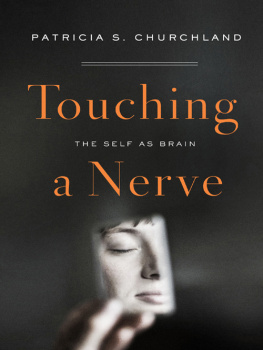
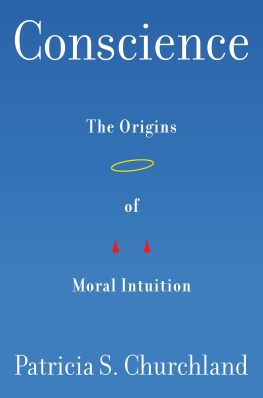


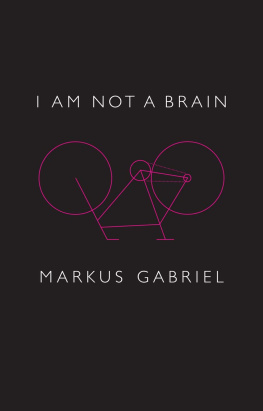
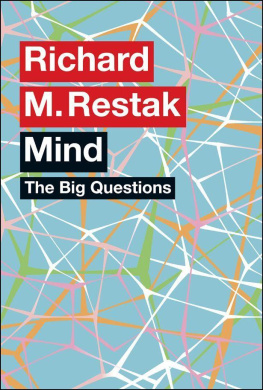
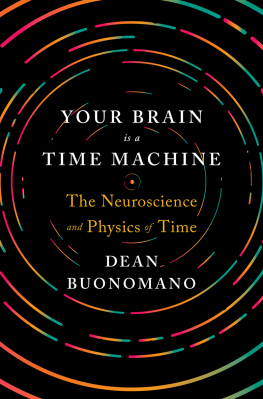
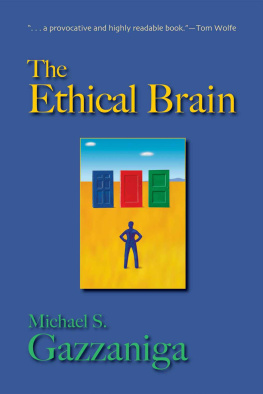
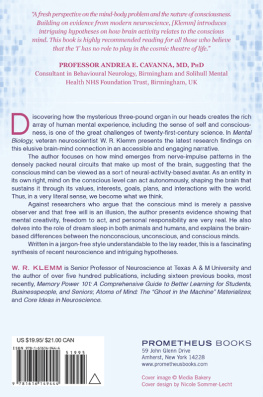
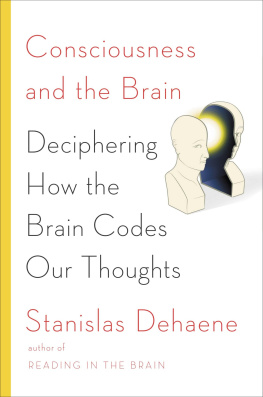
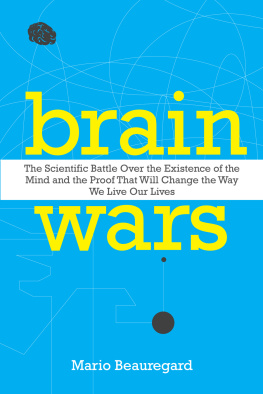


 NEW YORK LONDON
NEW YORK LONDON